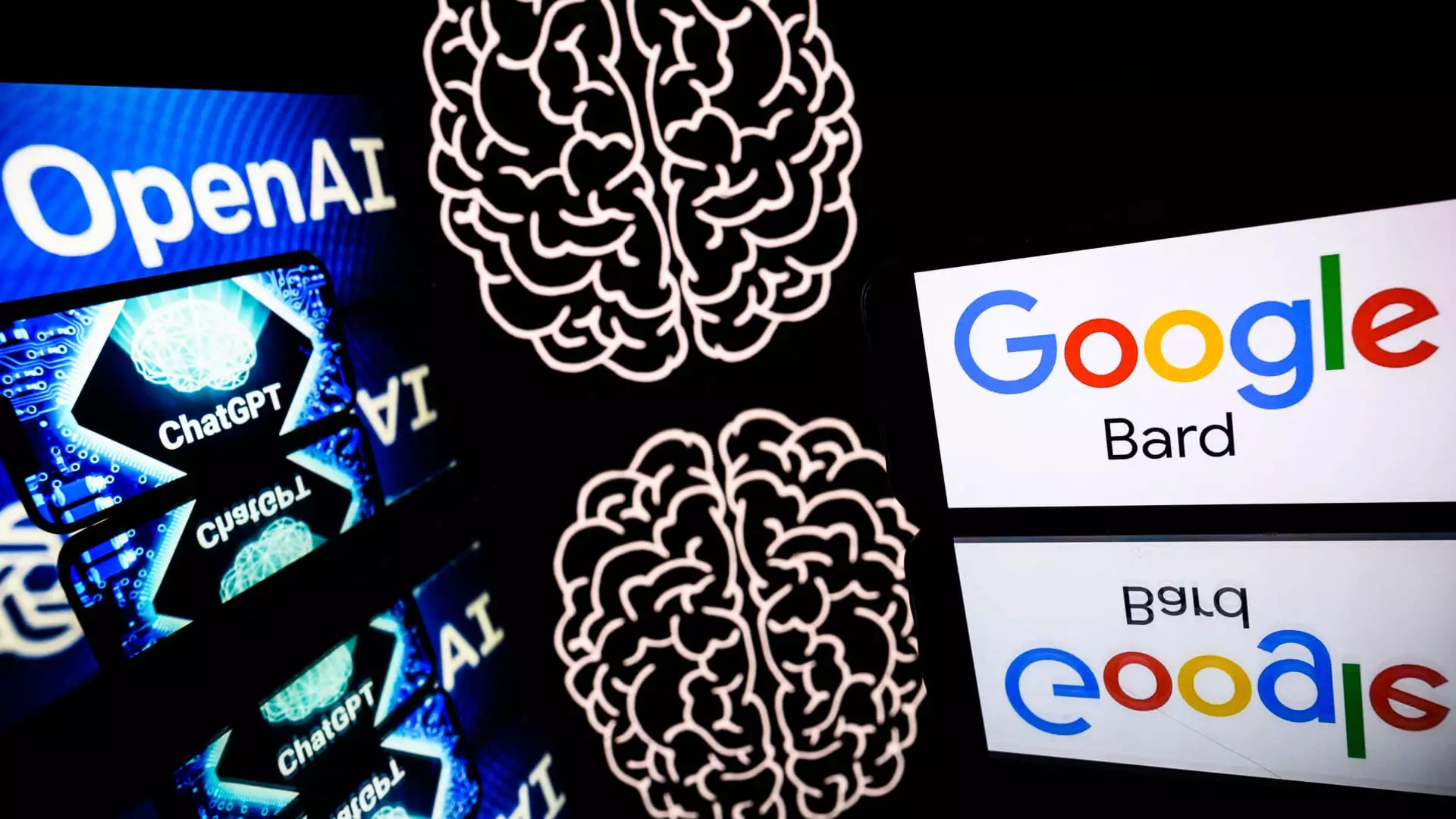In a surprising move, Microsoft recently announced that it will be handing over the development of all its best artificial intelligence tools and software to OpenAI. This decision has raised eyebrows among industry experts, with some speculating about the implications for Microsoft’s position in the AI space. Todd McKinnon, CEO of identity security firm Okta, highlighted the potential impact on Google, which is known for its cutting-edge AI research and development. McKinnon pointed out that Google has been at the forefront of AI advancements, particularly in the development of transformers, which are essential for generative AI technologies. He noted that Google’s research, particularly through DeepMind, has been instrumental in driving breakthroughs in the field of AI.
Transformers are deep-learning models that have revolutionized the way AI systems learn context and meaning from sequential data, such as text. Google’s pioneering work in this area has set the standard for large language models (LLMs) used in various applications. McKinnon emphasized the significance of Google’s contributions to AI research, particularly in the development of algorithms that have enabled major advancements in the field. As Microsoft moves towards integrating OpenAI’s technology into its products, there is a concern that its AI capabilities may become limited to a consultancy role.
Microsoft’s Partnership with OpenAI
Microsoft’s collaboration with OpenAI is not new, as the tech giant has made significant investments in the research lab over the years. With a reported total investment of $13 billion in OpenAI, Microsoft has positioned itself as a key player in the development of AI technologies. The integration of OpenAI’s innovations into Microsoft’s products, such as the generative AI chatbot CoPilot, highlights the strategic importance of this partnership. However, questions remain about the long-term implications of Microsoft’s reliance on OpenAI for AI development.
Google’s AI Challenges
While Google has been a frontrunner in AI research, the tech giant has faced its own set of challenges in commercializing its AI investments. Recent incidents, such as the issues with Google’s Gemini AI chatbot generating incorrect answers and ahistorical images, have raised concerns about the company’s AI capabilities. Google’s struggles with its AI products have put it at a disadvantage compared to Microsoft’s strong partnership with OpenAI. The competition between Google and Microsoft in the AI space is intensifying, with both companies vying for dominance in the development of AI technologies.
As AI continues to reshape the technological landscape, major tech companies are investing heavily in research and development to stay ahead of the curve. McKinnon highlighted the vast resources that tech giants like Microsoft and Google are pouring into AI, signaling the importance of this technology in shaping the future of the industry. The shift towards foundation AI models, driven by investments in advanced AI technologies, is reshaping the competitive landscape in the tech sector. The race to develop the next breakthrough in AI has become a key focus for companies looking to maintain their edge in the rapidly evolving market.
Microsoft’s decision to hand over AI development to OpenAI marks a significant shift in the company’s strategy towards AI innovation. The competition between Microsoft and Google in the AI space is heating up, with both companies positioning themselves as leaders in the development of cutting-edge AI technologies. As the future of AI unfolds, the rivalry between tech giants will continue to drive innovation and shape the direction of the industry. The dynamics of this competition will be closely watched by industry observers, as the battle for AI supremacy unfolds in the coming years.


Leave a Reply
You must be logged in to post a comment.